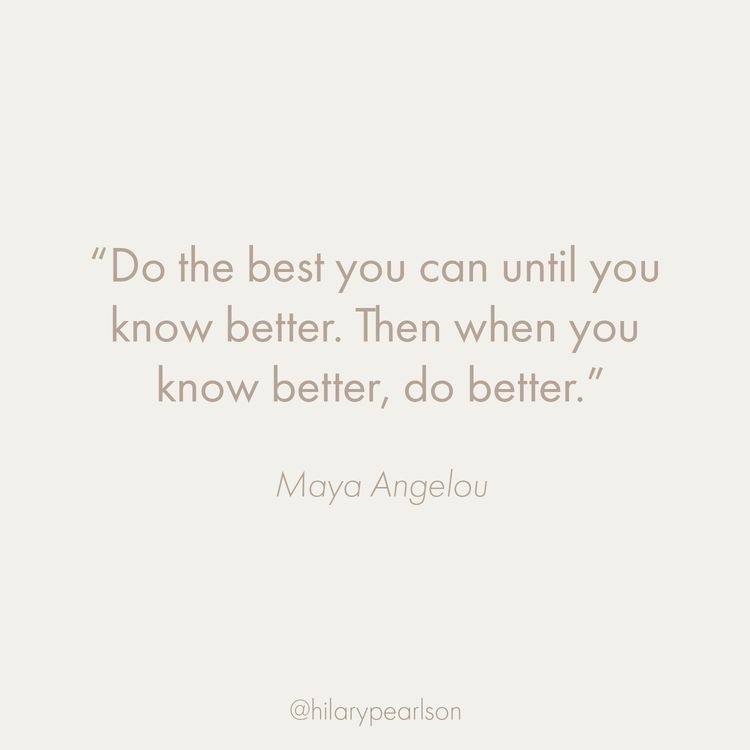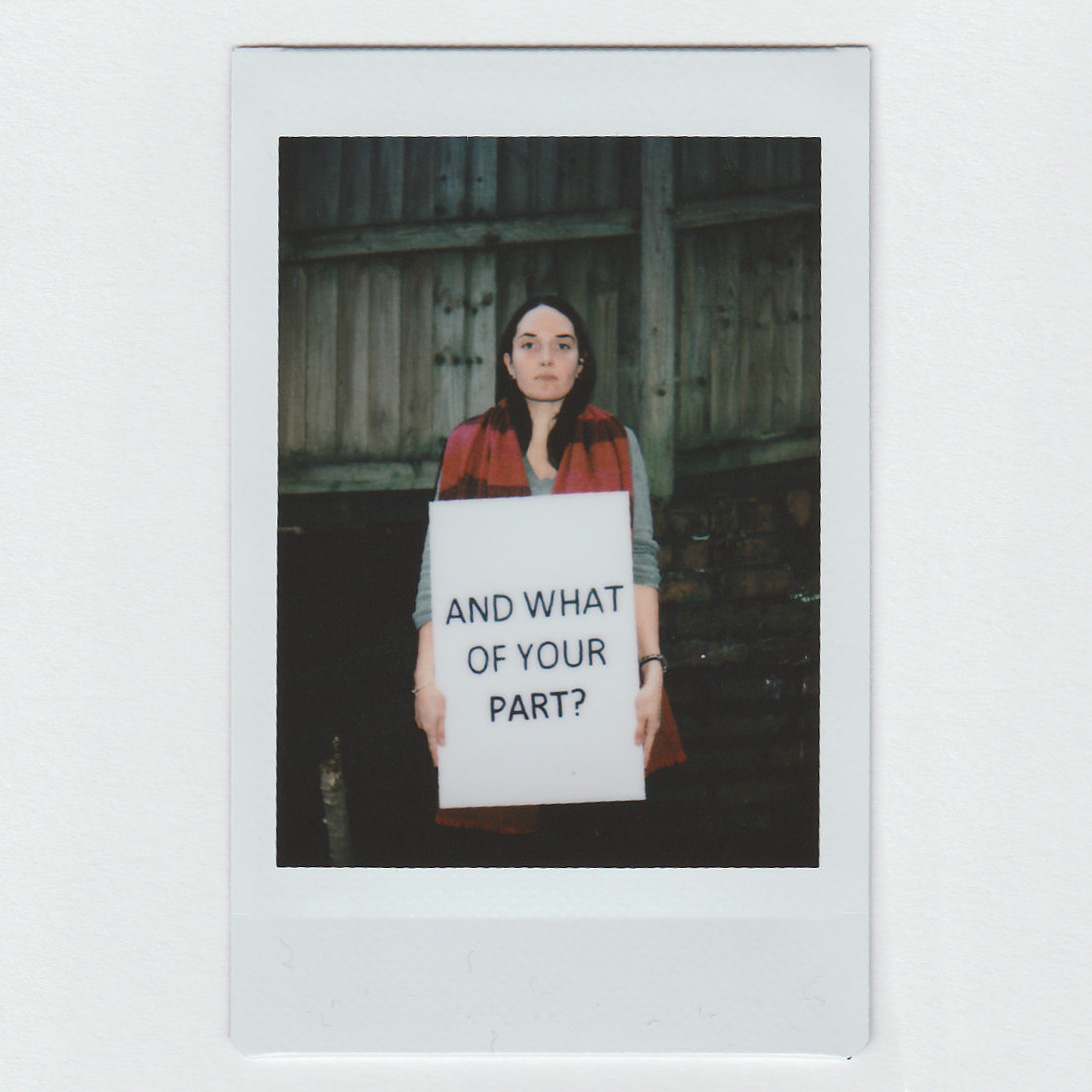#blacklivesmatter – Becoming anti-racist
05 Jun 2020, Posted by in Community, In the news, Newport, Out & About, PHRAME Collective, Social Media, Wales, WomenIt’s fairly safe to say that much of the world has watched aghast at the violence and injustice of events in America this week – at the murder of George Floyd, the denial of responsibility, lack of accountability as well as the absolute brutality and disproportionate response by authority to a nation in anger and grief. It has been uncomfortable viewing, not least because it has forced a global population to take a long hard look at themselves and engage with their own failings in acknowledging racism locally, nationally and internationally.
This of course leads to difficult questions for any white community, not least in the UK. Racism, both overt and institutional, is not just an American issue. In the wake of the latest global #blacklivesmatter protests, it is more important than ever to turn this in to a true moment of change – to turn overwhelming social media sentiment and #blackouttuesday in to active anti-racist action.
Below, I’ve decided to share my learning journey and signpost towards organisations that actively support, advocate and champion BAME communities. I also wanted to share ways other platforms have suggested we can do to help others treated prejudicially in the UK. I certainly have no idea what life is like for any ethnicity other than my own. I acknowledge I need to learn more about the challenges people from BAME communities face, as well as use this knowledge to help try improve our society for all. It feels awkward saying this, but any discomfort I feel is nothing compared to the millions who have suffer racism and prejudice every day.
We must all work for change. Whether you do that by marching, by craftivism or from the comfort of your sofa – the decision is yours.
Whatever you decide to do, take care and stay safe – K xxx
…

.
Write to your MP:
.
Writing to your Member of Parliament is a simple act which often results in direct action. The easiest way to do so is via WriteToThem, a website which allows you to simply type in your postcode and it will create an email outline to send to your MP.
…
Amnesty International have a template on their website > https://www.amnesty.org.uk/black-lives-matter-write-your-mp <
…
If you want to write your own letter, consider these points:
- The immediate halt of the UK’s export of rubber bullets, tear gas and riot shields to the US after they have been used against protesters.
- For the UK government and your MP, to condemn Donald Trump’s threat of action against American citizens in the utmost manner.
- To ask what will be done about the proven greater death rate of BAME citizens from COVID-19 in the UK, especially from a direct lack of PPE.
- To ask what is being done to combat police brutality and racial bias within policing in your constituency.
- Email Secretary of State for Education, to support The Black Curriculum’s campaign to address the lack of black history taught in UK schools. The Black Curriculum reimagines the future of education through black British history, seeking to see black history taught to students aged 8-16 year-round.
.
Donate to charities and sign petitions:
.
- Black Lives Matter UK (BLMUK) > https://www.facebook.com/BLMUK/ < is a coalition of black activists and organisers from across the country, advocating for justice in their communities seeking to “dismantle imperialism, capitalism, white-supremacy, patriarchy and the state structures”. Currently, their GoFundMe is seeking £500,000 of donations for education, activism, changes to lawmaking and aiding other anti-racist charities in the UK. You can donate here.
- United Family & Friends Campaign seeks to bring justice to those who have suffered at the hands of the British policing system. Their GoFundMe page is for those who have suffered death in prison, in custody, and at the hands of police by campaigning for properly funded investigations, suspensions of involved officers, police accountability and more. Donate and find out more here.
- Black Protest Legal UK > https://twitter.com/blkprotestlegal < is a group of lawyers and legal advisors providing free legal advice and representation to UK Black Lives Matter protesters. After reaching their initial funding goal, they are now putting donations towards the broader aims of their organisation – contribute to their GoFundMe page here.
- Black Minds Matter UK > https://www.blackmindsmatteruk.com/our-mission< was launched to help improve the mental health care available to the black community, particularly in this current moment whereby hospitals are underfunded and NHS therapy is not widely available. Funds will be used to pay for therapy sessions of those in need. You can donate here.
- One of the largest anti-racist forces in the UK, Stand Up to Racism has organised numerous marches and calls to action standing up not just for the black community, but also refugees, Muslim communities, immigrants and others facing institutionalised and overt racism. Find out about yur local SUTR group here: https://www.standuptoracism.org.uk/
- Stand Against Racism and Inequality (SARI) is a UK-based charity which provides support for victims of hate crimes. SARI also works in educating staff and pupils in schools about anti-hate behaviour. You can donate here.
.
Educate yourself:
.
- gal-dem: Run by women and non-binary people of colour, gal-dem is an online and print publication, prioritising journalism that shares perspectives of people who might not otherwise be heard, and provides intelligent and vital commentary across politics and pop culture.
- Brit(ish): On Race, Identity and Belonging by Afua Hirsch: The debut book from writer and journalist Afua Hirsch is part memoir of her life as a mixed-race British woman, and part exploration of the UK’s historic – and continued – racism. An eye-opening study of the contradictions which abound in Britain today, Brit(ish) reveals a country in the midst of an “identity crisis”.

- The Good Immigrant by Nikesh Shukla: The book is a collection of 21 essays by BAME writers who explore what it means to be an immigrant in the UK today – whether a first or second generation immigrant, a refugee or asylum seeker – and the varying standards immigrants are held to in a society with roots in imperialism.
- Natives: Race and Class in the Ruins of Empire by Akala: Rapper, intellectual and writer Akala’s debut book Natives seeks to debunk the British myth of meritocracy. Weaving his personal experiences with wider societal behaviour, Akala deftly addresses deep-rooted problems when it comes to race and class in the UK.
- Black and British: A Forgotten History by David Olusoga: “Black history is a series of missing chapters from British history,” the writer and historian David Olusoga told The Guardian as his book Black and British was published. Olusoga’s book explores these omissions, tracing the history of people of African and Caribbean origin in Britain back to Roman times and revealing both how they contributed to our society and the injustices they faced while doing so.
- Don’t Touch My Hair by Emma Dabiri: Academic and TV host Emma Dabiri’s Don’t Touch My Hair began with her own personal experience of feeling ashamed of her natural hair, but expands far beyond the individual to look at histories of how black people in Britain and around the world have been conditioned to think about their hair. Dabiri draws on little-known histories, traditions and larger political and pop culture movements, and looks at how black hair “can be understood as an allegory for black oppression and, ultimately, liberation”.
- Mother Country: Real Stories of the Windrush Children by Charlie Brinkhurst-Cuff: Mother Country is a collection of stories exploring the experiences of Britain’s Windrush generation, told by members’ children and grandchildren. Edited by journalist and gal-dem head of editorial Charlie Brinkhurst-Cuff, Mother Country is an insight into the history of the British Caribbean community, and how it remains significant today.
- About Race with Reni Eddo-Lodge: Eddo-Lodge is the author of the groundbreaking Why I’m No Longer Talking to White People About Race, and her podcast seeks to carry the conversation she prompted with her book further by speaking with those who have been central to the UK’s anti-racism fight in recent decades.
..
Protest:
Read this article by Dazed on How to Protest Safely During a Pandemic, with legal advice from Green & Black Cross here.
.

Protests have been taking part across the UK this week with more are planned over the weekend. There are protests planned at Parliament Square on Saturday 6th June from 1pm, and on Sunday 7th June at 2pm outside the US Embassy in London.
Protest is a right – people shouldn’t be intimidated for expressing dissent. However, Governments or other public bodies in the UK can break-up a protest if it has a proper legal reason to do so (i.e public health advise for COVID-19) .
Before attending a protest, you should assess the risk to yourself and to others in your household and community, especially if they are in a vulnerable demographic, elderly, or have underlying health problems. Some organisers have recommended self-quarantining for two weeks after attending an event as a precaution.
Though campaigning for equality and justice is vital at this time, COVID-19 hasn’t gone away (and continues to disproportionately affect minority communities). The decision is ultimately yours, but if you do attend a protest you are advised to remain socially distant from those around you, as well as wear masks and other forms of PPE where possible.
